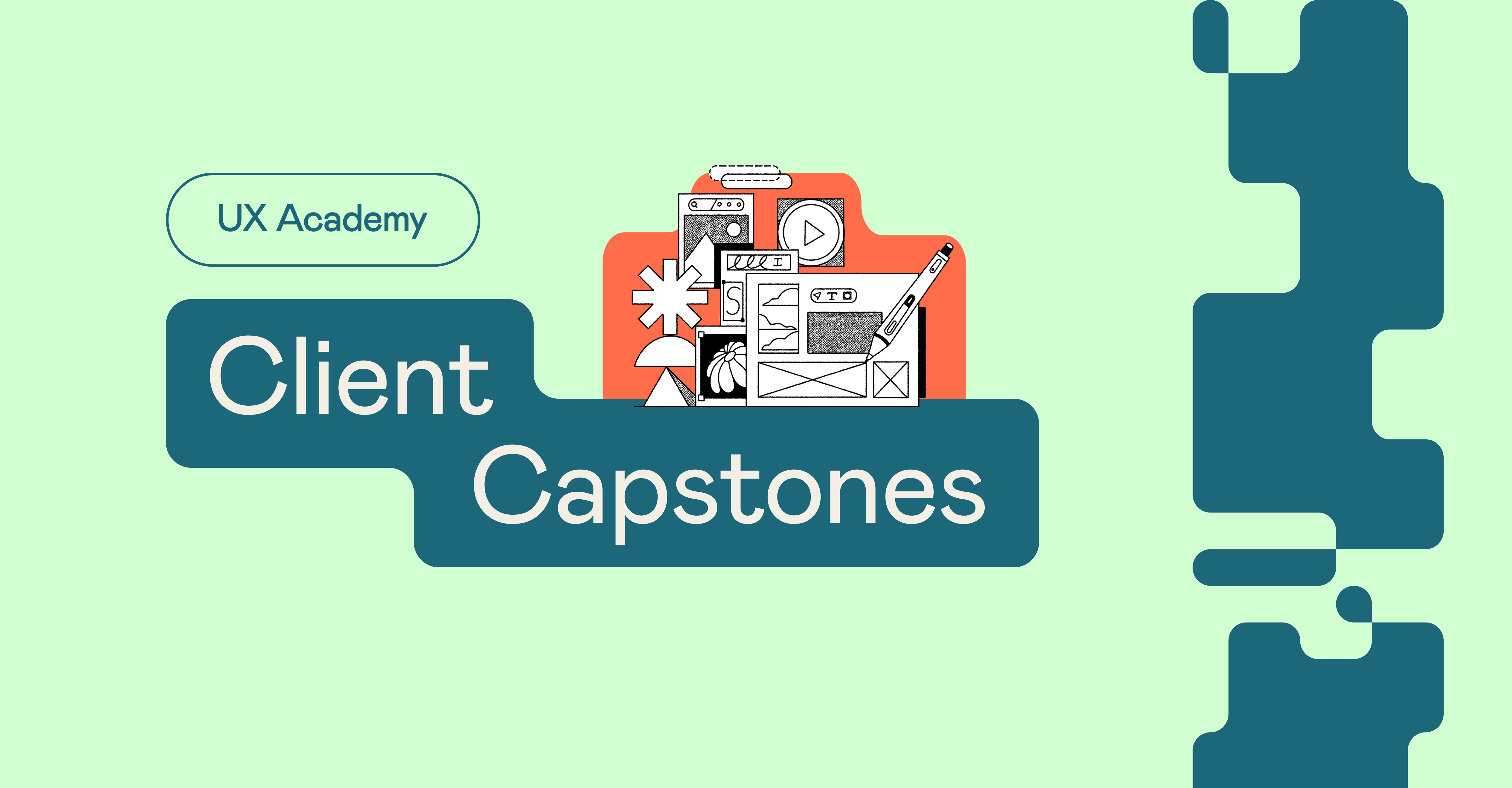Recently Nicole Locklair sat down with Jess Feldman, Content Manager at Course Report to discuss the various UX career paths and how Designlab helps support students on their journeys to get hired. Check out the insightful graphical summary below, and read the complete interview on Course Report here.

Read the excerpts from the conversation between Course Report and Designlab on UX career paths below…
How Can You Ensure Your Portfolio Makes an Impact on Recruiters?
Designlab: “A portfolio can also include sketches, lo-fi wireframes, and all of the ideation behind your work. Don’t just include a list of your deliverables and show the final screens because that doesn’t show a hiring manager that you understand that user experience design is a process.”
How Can You Stand Out in the UX Interview Process?
Designlab: Here are a few things to keep in mind when prepping for a UX interview...
- “Your UX design portfolio should include different types of design projects, such as an app, wireframe, and a feature re-design based on a case study.
- Realize that if you like a certain design aspect, that probably hundreds of other people also like that same aspect. As a designer, you should be able to make decisions that stand out and compel someone to click a link and keep going.
- Take the time to improve your LinkedIn profile. This will help you stand out to recruiters. Call yourself a freelance or contract UX designer and update your profile with your latest work and website. As you’re looking for a job, those things will help you show up in searches by recruiters.”
What Kinds of UX Design Jobs Do Designlab Students Land?
Designlab: “The bulk of our students start at an entry-level UX design role, something like an associate UX designer, UX designer, and product designer. For students who have management or previous design experience, there is the potential to land a senior-level UX job straight out of the program.”
Once You’re Hired as a UX Designer, How Can You Grow Your Career?
Designlab: “Once you land that job, be open to criticism and feedback. Ask for help if you need it and volunteer for experiences, projects, and anything else you can get your hands on. Show up in the company by letting people know what you can do. You want to make yourself as vocal as possible and to get to know more than just your team and manager.”
Read all of Nicole’s advice on Course Report here.
To learn more about landing your first job in the UX/UI design industry from design career pros like Nicole, explore our UX Academy program—which includes up to 6 months of Career Services. You’ll be paired with a Career Coach to identify the right job opportunities, add extra polish to your portfolio, work on your interview skills together, and launch your new career



.svg)














